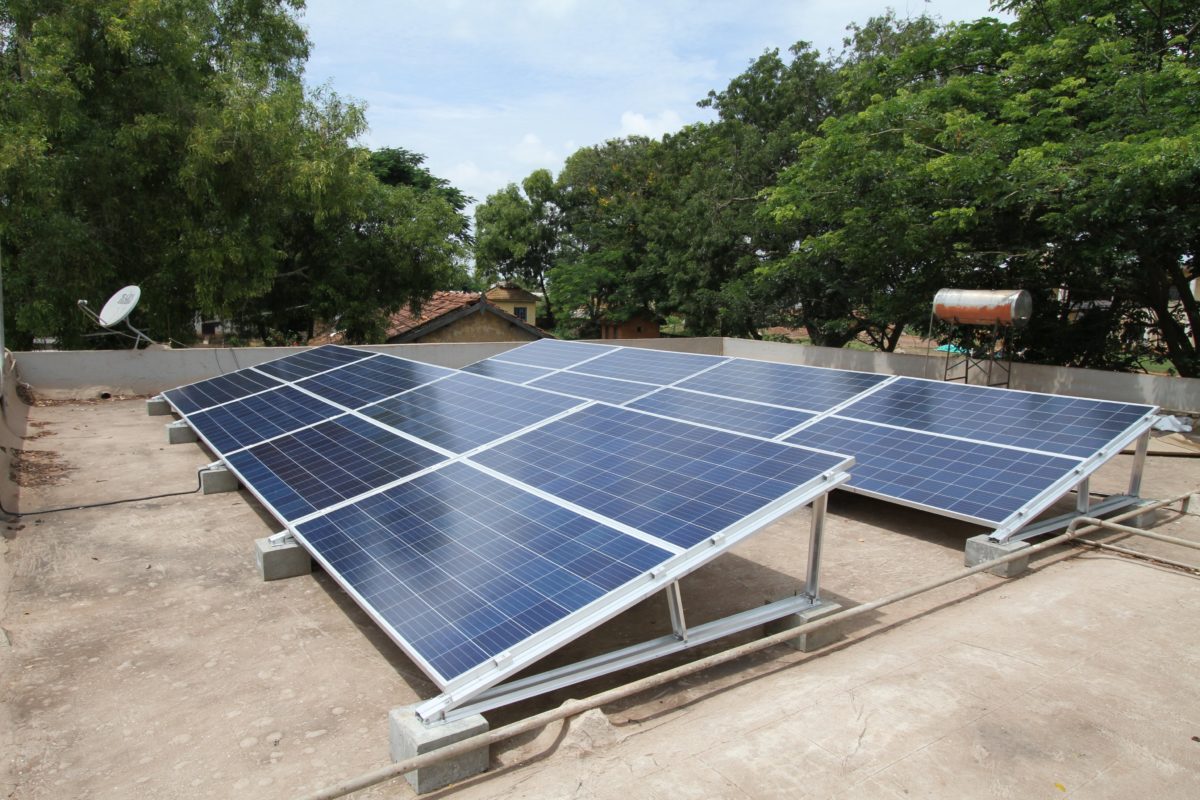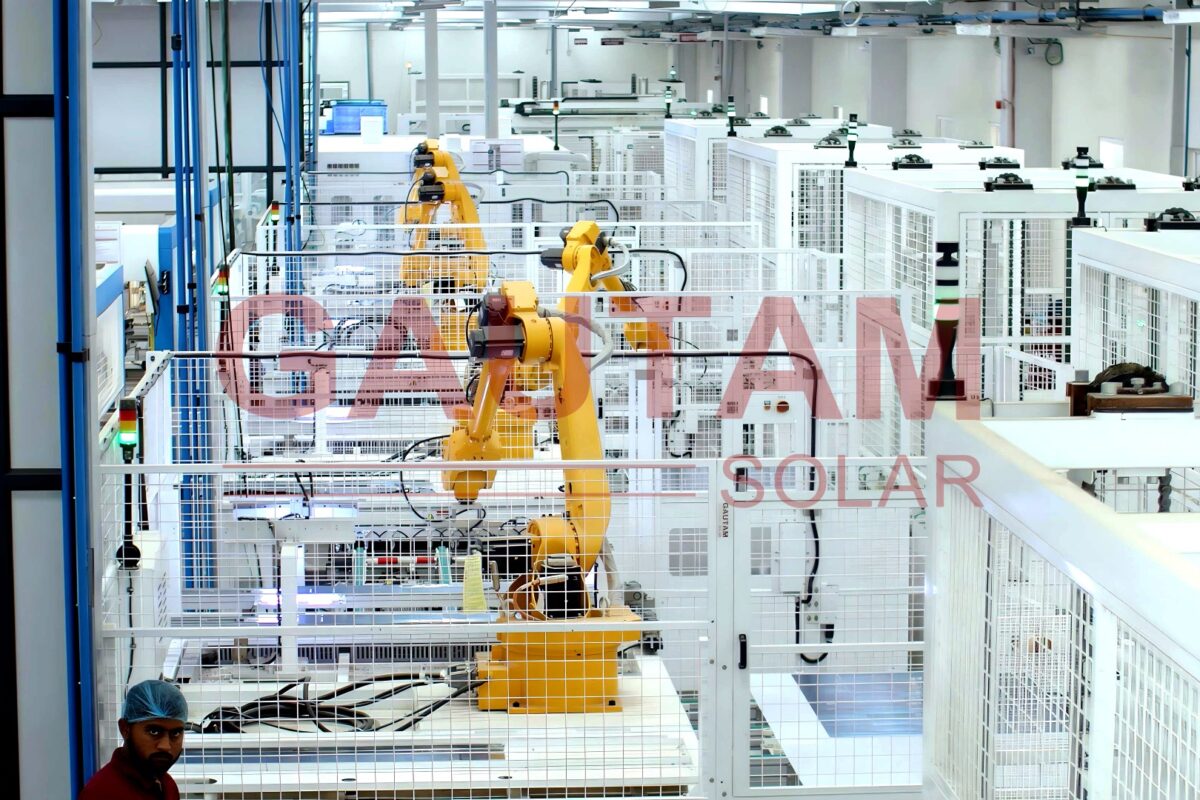Having installed solar microgrids at rural schools, the Indian Institute of Science (IISc) Bangalore has now set up a 5.2 kW system in a primary health center at Gudgeri village, in Karnataka’s Dharwad district. The network will act as a back-up power supply during emergencies.
The health center provides care for people in nearby villages and delivers around 10 infants per month at its maternity unit. The facility, which has a deep freezer for storing vaccines, is entirely dependent on national grid electricity, with supply usually inconsistent in remote rural areas.
The microgrid consists of a 96 V, 5.2 kW solar power system and a 96 V, 7.5 kVA solar inverter along with a 96 V, 150 Ah lead-acid battery system.
Generation
The solar panels can generate an average 20-26 kilowatt-hours of electricity during a typical day, which can be stored in the lead-acid battery. The stored energy can be used at night or to support the load when the solar power supply fluctuates during the day.
The installation is the third of its kind by IISc Bangalore and the Sunrise network—an international project led by Swansea University, in Wales, which aims to address energy poverty by developing solar systems. Rural schools in Manchenahalli and Tiruppur have benefited from similar solar microgrids which supply renewable energy where the national grid is unreliable and intermittent.
Sunrise is funded by the Global Challenges Research Fund, a £1.5 billion (INR14,728 crore) budget supplied by the U.K. government’s UK Research and Innovation body. The Global Challenges fund was established to support research to address challenges faced by developing countries.
This content is protected by copyright and may not be reused. If you want to cooperate with us and would like to reuse some of our content, please contact: editors@pv-magazine.com.









In Chhattisgarh state, we have solarized more than 1200 remotely located health centers to ensure uninterrupted power for health care delivery. This intervention has been recognized by ASHDEN international in 2018 https://ashden.org/winners/creda/
As per the CEEW study /impact report. https://www.ceew.in/publications/powering-primary-healthcare-through-solar-india
The followings are the key findings:
1.Of the functional PHCs in India, 4.6 percent are unelectrified, affecting over 38 million rural households.
2.One out of every two PHCs in the country suffers from the unreliable power supply or has no electricity access at all.
3.Despite being a power surplus state, one-third of the PHCs in Chhattisgarh are either un-electrified or without regular power supply.
4.About 90 percent of PHCs reported power cuts during peak operating hours. One-third of the PHCs experienced power cuts in the evening. More than 21 percent of the PHCs reported damage of medical equipment due to voltage fluctuations.
5.Solar provided a reliable power backup to PHCs, especially during peak load hours and after sundown. It could potentially be a primary mode of power supply.
6.Ninety percent of the solar-powered PHCs reported cost savings from using solar PV systems over diesel generators. Diesel power costs INR 24-26 per kWh while solar plus battery costs around INR 12-14 per kWh.
7.The ability of solar-powered PHCs to operate cold chain equipment for storing vaccines and drugs and newborn care equipment improved significantly.
8.Higher comfort due to better lighting and running fans increased patients’ willingness to get admitted.
9.Solar-powered PHCs admitted over 50 percent more patients and conducted twice the number of child deliveries in a month compared to power-deficit PHCs without a solar system.
10.One-fourth of power-deficit PHCs rely exclusively on solar as a backup to run cold chain equipment.
11. Providing solar (5 kW systems) to all PHCs, Sub-Centres, and Community Health Centres across India could contribute to about 415 MW of the rooftop target.